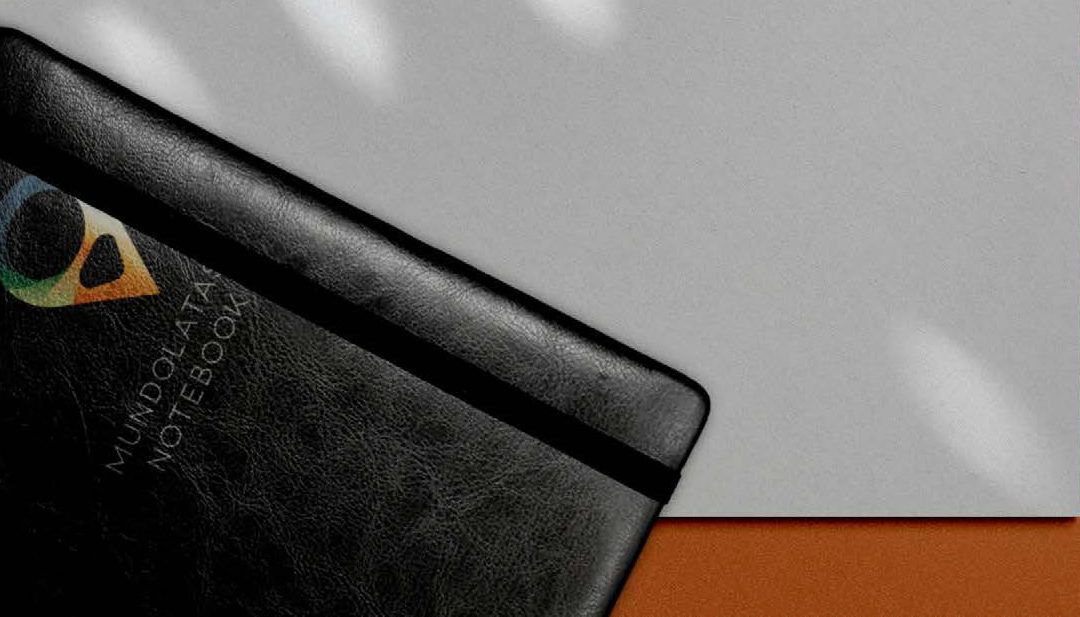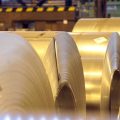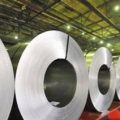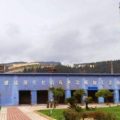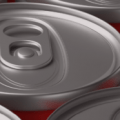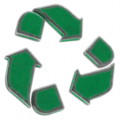China recently announced the elimination of the VAT rebate it had historically applied to steel exports, along with changes to import and export tariffs. This, as expected, will increase export costs and discourage export volumes.
This elimination of the VAT refund will apply to exports of 146 steel products.
Also, a statement from the Ministry of Finance of that country announced that no longer apply from May this year the 13% VAT rebate on exports of hot rolled coils, wire rod and rebar. Within this group, cold-rolled steel sheet, hot-dip galvanized sheet and narrow strip are included, accounting for a volume of about 70% of China’s total finished steel products in recent years.
Similarly, the ministry also announced reduction in import duty on pig iron, crude steel and recycled steel.
“The measures will reduce the import cost, expand the import of steel resources and put downward pressure on domestic crude steel production, guiding the steel industry towards reducing total energy consumption, promoting the transformation and development of high-quality steel industry,” the ministry said.
As has been stated in some media, this elimination of the VAT rebate, along with changes to import and export taxes, is a package of policies to help achieve the government’s goal of reducing domestic production and reducing carbon emissions reductions.
China exported 53.67 million tons of steel products in 2020, of which BLC and wire rod accounted for some of the largest steel types. The discount for cold-rolled coil and hot-dip galvanized coil was not eliminated, probably because they were considered higher value-added products, although market participants said they could be reduced in a later announcement.
At the same time, China raised the export tariff on high silicon steel, ferrochrome and pig iron to 25%, 20% and 15% respectively, from 20%, 15% and 10%, effective May 1.

